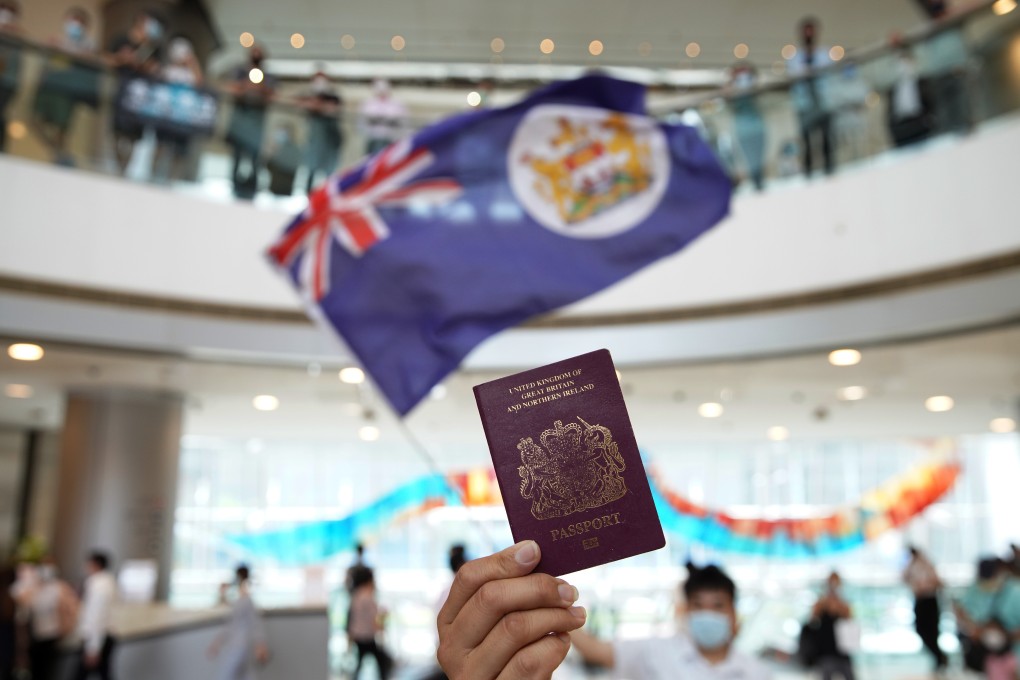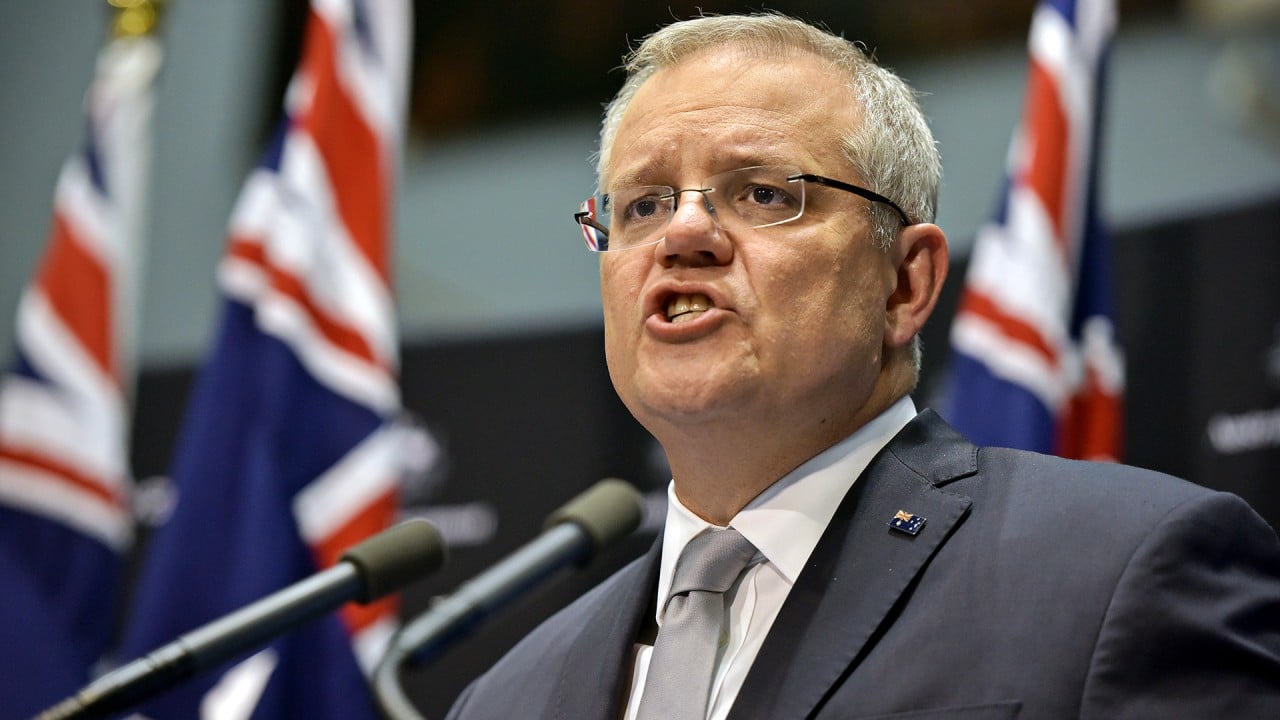Opinion | Uncertainty over national security law is pushing Hong Kong people to leave
- Most Hongkongers can agree on a need for a national security law. But the law should also consider Hongkongers’ concerns and fears, or it could cause an exodus of talent

I am an American-British-Cypriot writer, lawyer and consultant who has been coming to Hong Kong since the early ’80s. I have since settled down here as a Hongkonger.
My books, first published in 2004, and my blogs address all aspects of US-China relations from a Hong Kong point of view. Hongkongers are not only Chinese. We are multiracial – emigrants from all parts of the world, who came here because we can be better off here than in our homelands.
Stability and security are of paramount importance to all of us. It is why there was a stampede, in the run-up to the 1997 transfer of sovereignty, of Hongkongers obtaining foreign passports and leaving the territory. Many of them later returned when they realised the post-handover situation in Hong Kong was not as bad as they had feared.
“What is your Plan B?” is a common question many Hongkongers ask each other. Talking with Hongkongers who have taken part in street protests, one detects a deep sense of despair. “You are lucky; you can go back to your country. I have no choice, but I don’t want Hong Kong to become like China,” they say.

01:49
Australia suspends extradition treaty with Hong Kong, offers residency pathway for Hongkongers
